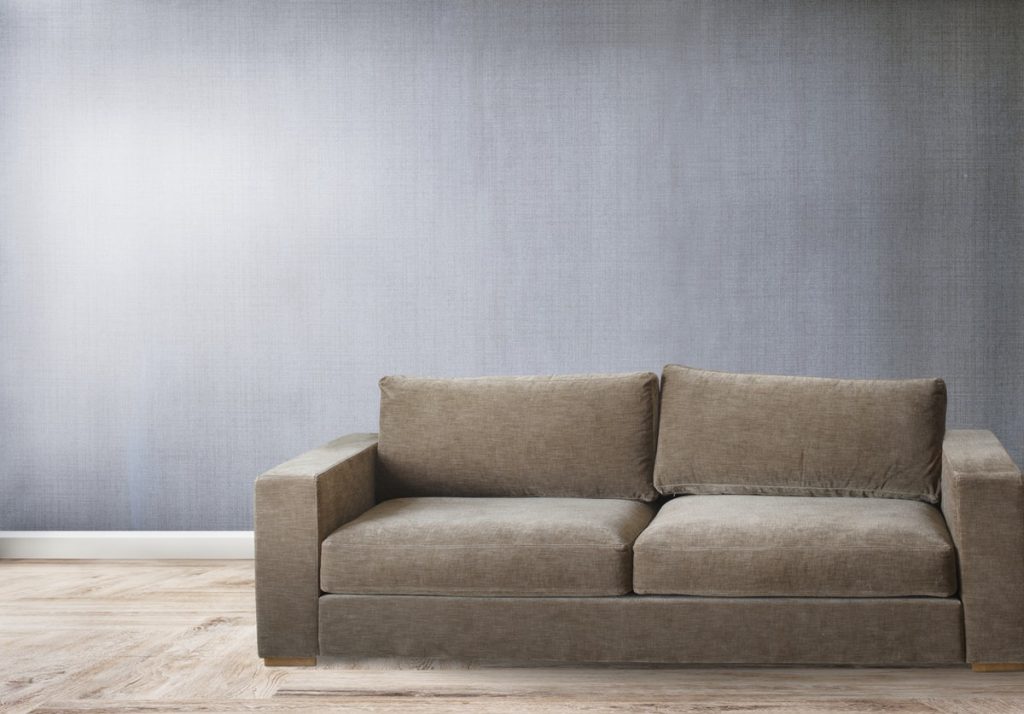 Kids, pets, or simply everyday use can take a toll on your entire house, including your upholstered furniture. Cleaning your upholstery regularly can help protect it against the wear and tear of daily life, keeping it looking great and preserving for years to come. How often you should have your upholstery cleaned depends on a few factors.
Kids, pets, or simply everyday use can take a toll on your entire house, including your upholstered furniture. Cleaning your upholstery regularly can help protect it against the wear and tear of daily life, keeping it looking great and preserving for years to come. How often you should have your upholstery cleaned depends on a few factors.
Determining Your Upholstery Cleaning Schedule
Upholstery absorbs a great deal of bacteria, dust, pollen, mold spores, and lots of other allergens and irritants that accumulate over time. Depending on where you live, these substances can accrue very quickly. For example, if you live in a very warm, arid area that sees little precipitation and you have very little vegetation around your home, your upholstery won’t accumulate as many irritants as fast as upholstery in a home in a damp, wooded area.
Another factor is who lives in your home. If you have young children and pets that use your upholstered furniture every day, that furniture will require more frequent cleanings. Spot cleaning should ideally happen as soon as messes occur. Spot cleaning is important, just make sure you use the appropriate cleaner for the type of upholstery to avoid permanent stains and discoloration.
RELATED ARTICLE: What to Know Before Cleaning Upholstery
You will also need to regularly vacuum upholstery to remove allergens, dust, dirt, and bacteria. You may need to vacuum more often if you have cats or dogs, but regardless of pets, it’s a good idea to vacuum your upholstery regularly to remove skin dander and dust. Vacuuming is only possible on furniture upholstered with fabric. Leather upholstery requires different cleaning techniques, but high-quality leather will not allow irritants to penetrate the leather surface very much and you may only need a cleaning brush to bring all the dirt and other irritants to the surface.
Schedule Professional Deep Cleaning Regularly
For most homes, it’s only necessary to spot clean as needed and vacuum upholstery once every month. If your upholstered furniture receives lots of daily rough use from pets and children, vacuuming every other week makes sense. When it comes to deep cleaning, it is typically best to leave this task to professionals. When you hire a professional upholstery cleaning service, they will use the right tools and cleaning agents to ensure a full deep clean without damaging your upholstery. Ideally, you should aim for a professional deep cleaning of all your upholstered furniture at least once per year.
Professional Surface Restoration offers a full range of residential cleaning services, including professional deep cleaning for your upholstered furniture.
If you’re not sure when you last deep cleaned your upholstery, contact Professional Surface Restoration today to learn more about our professional upholstery cleaning services.

 The late fall and winter seasons bring with them the joys of the holidays, and you’ve done an immense amount of work to prepare your home for the impending onslaught of guests. You’ve dug out the festive decorations, purchased enough food and supplies to house an army, and prepped all the guest rooms to ensure everyone has a pleasant and comfortable stay.
The late fall and winter seasons bring with them the joys of the holidays, and you’ve done an immense amount of work to prepare your home for the impending onslaught of guests. You’ve dug out the festive decorations, purchased enough food and supplies to house an army, and prepped all the guest rooms to ensure everyone has a pleasant and comfortable stay.
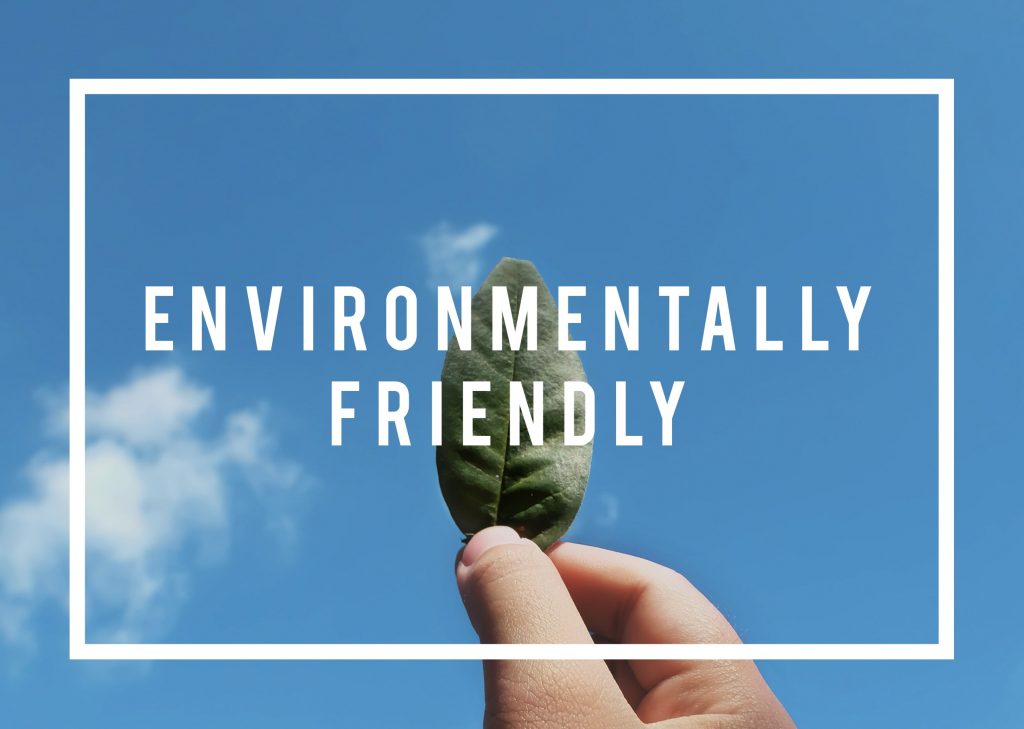 The more we learn about the chemicals that comprise common household cleaners, the more concerned we should be about the effects they are having not only on the Earth but on our bodies. While some cleaning agents and materials are effective at cleaning up some difficult messes, they can also pose serious health risks to those who use them or come into contact with them.
The more we learn about the chemicals that comprise common household cleaners, the more concerned we should be about the effects they are having not only on the Earth but on our bodies. While some cleaning agents and materials are effective at cleaning up some difficult messes, they can also pose serious health risks to those who use them or come into contact with them.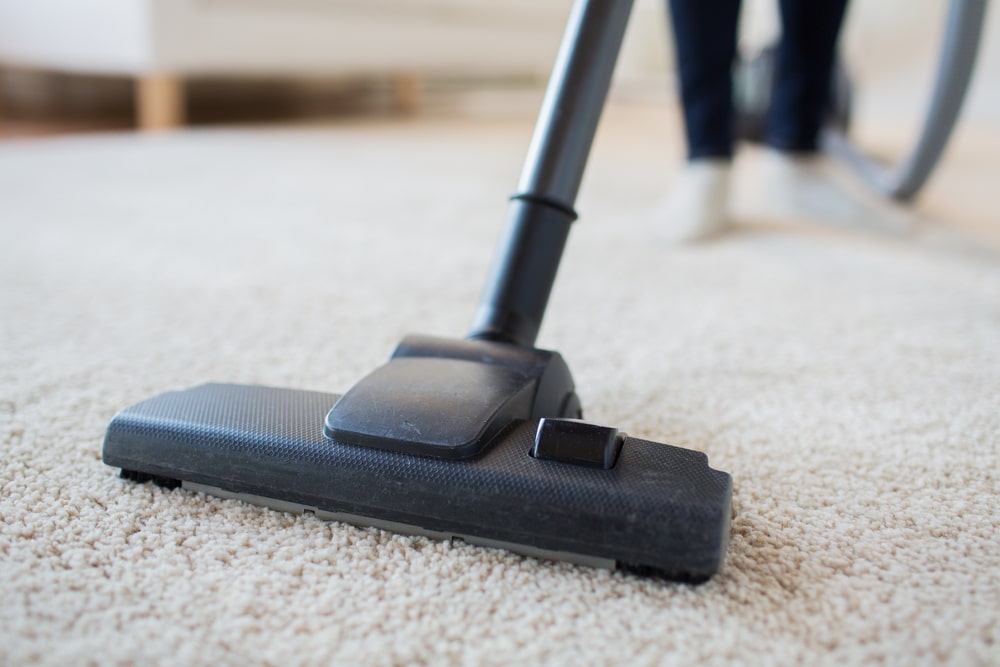 Vacuuming is a great way to clean carpets (and floors) from week-to-week, or more, depending on your home’s needs. However, many people consider a vacuumed carpet “cleaned,” but that’s not always true. Vacuuming may be the best way to get large particles and dirt out of a carpet, but the carpet isn’t actually “clean” until you have gone a bit deeper than simply sucking up the easy-to-reach dirt.
Vacuuming is a great way to clean carpets (and floors) from week-to-week, or more, depending on your home’s needs. However, many people consider a vacuumed carpet “cleaned,” but that’s not always true. Vacuuming may be the best way to get large particles and dirt out of a carpet, but the carpet isn’t actually “clean” until you have gone a bit deeper than simply sucking up the easy-to-reach dirt.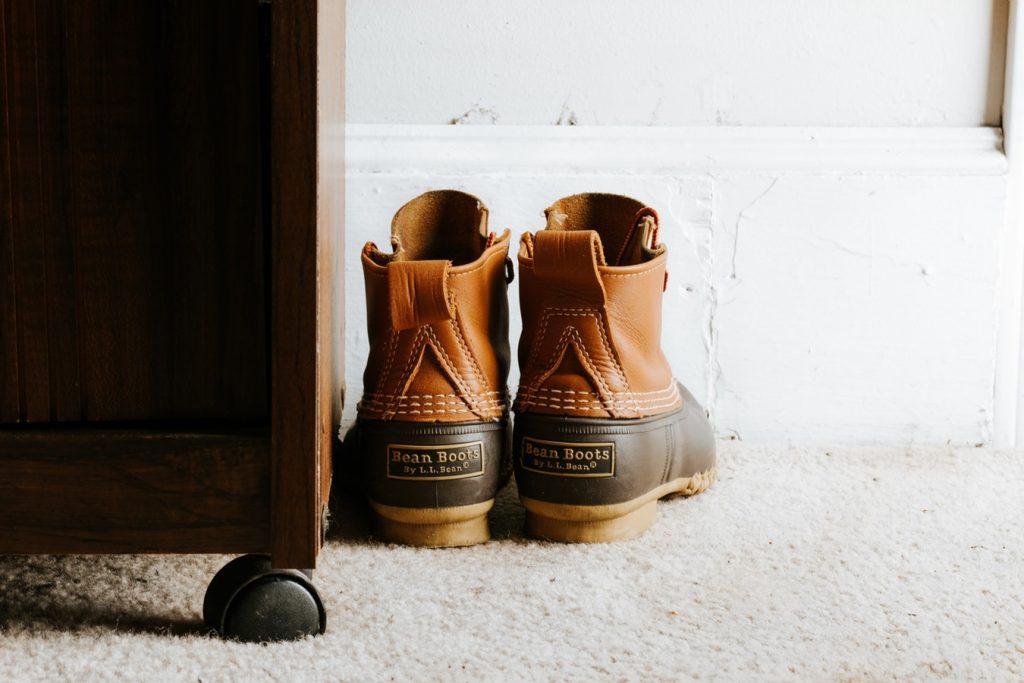 One of the first things potential home buyers notice when going through a house is the condition of the floors. Since the floor is such a large area that will draw the attention of any buyer, if it has cracks, mold, mildew, or other flaws it may cost the realtor a sale. Identify these flooring red flags before a home buyer does.
One of the first things potential home buyers notice when going through a house is the condition of the floors. Since the floor is such a large area that will draw the attention of any buyer, if it has cracks, mold, mildew, or other flaws it may cost the realtor a sale. Identify these flooring red flags before a home buyer does.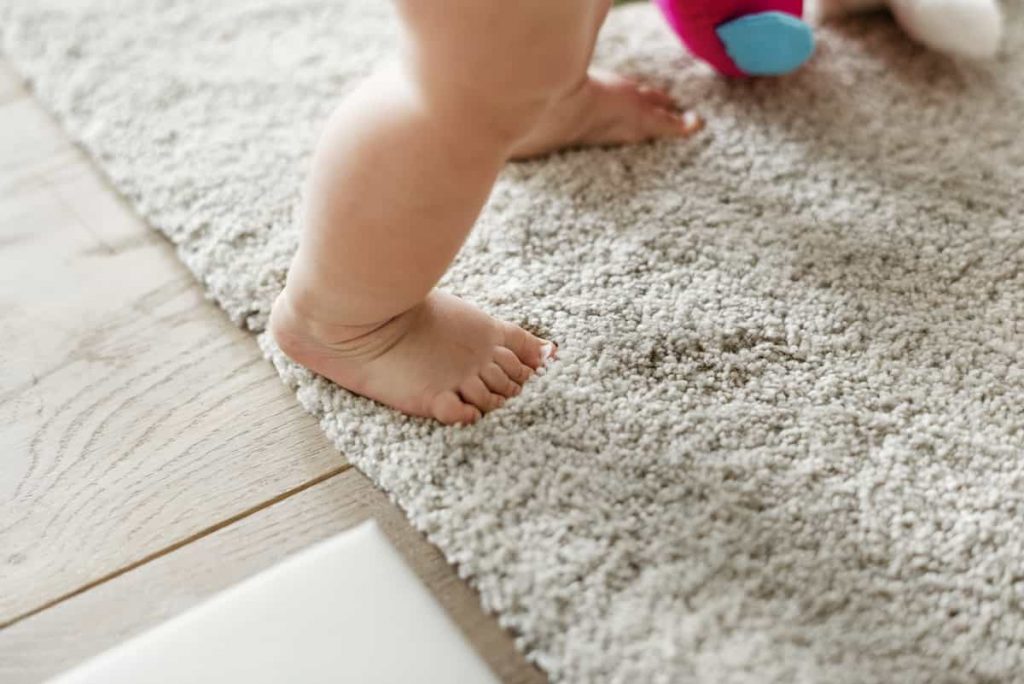 Selling a home can come with necessary costs, such as replacing the roof or windows, but is replacing the carpets actually necessary? Worn, dirty, stained, and smelly carpets could easily turn off a prospective buyer during an open house or walk through. Although brand-new carpets could attract more buyers, often a deep cleaning from a professional can be just the thing to make your carpets feel brand new again.
Selling a home can come with necessary costs, such as replacing the roof or windows, but is replacing the carpets actually necessary? Worn, dirty, stained, and smelly carpets could easily turn off a prospective buyer during an open house or walk through. Although brand-new carpets could attract more buyers, often a deep cleaning from a professional can be just the thing to make your carpets feel brand new again. If you’re preparing to sell a home, chances are you’ve already identified several problem areas you’d like to tackle in order to increase the resale value. Drywall, paint, cabinet hardware, and flooring are all common areas for improvement. Flooring, in particular, is an area many realtors suggest deep cleaning or changing before sale to improve the overall market value of the home.
If you’re preparing to sell a home, chances are you’ve already identified several problem areas you’d like to tackle in order to increase the resale value. Drywall, paint, cabinet hardware, and flooring are all common areas for improvement. Flooring, in particular, is an area many realtors suggest deep cleaning or changing before sale to improve the overall market value of the home. As a realtor, it is a priority to make your property’s floors impeccable for an open house. They are one of the first features your potential buyer will notice. Stains, odors, and clutter can ruin a buyers’ first impression. Take the initiative to follow these tips on how to prepare a home’s floors for open houses.
As a realtor, it is a priority to make your property’s floors impeccable for an open house. They are one of the first features your potential buyer will notice. Stains, odors, and clutter can ruin a buyers’ first impression. Take the initiative to follow these tips on how to prepare a home’s floors for open houses. The holiday season is a special time for dinners, parties, and other special gatherings with family and friends. However, if you’re hosting these parties or dinners, you may have a different opinion about this time of year. Once the crowd has died down, and your last relative is on their way home, you’re left with a very dirty floor. Luckily, there are some actions you can take to keep your carpets clean even after the rowdiest holiday celebration. Here are Here are 5 holiday carpet cleaning tips for post-party messes.
The holiday season is a special time for dinners, parties, and other special gatherings with family and friends. However, if you’re hosting these parties or dinners, you may have a different opinion about this time of year. Once the crowd has died down, and your last relative is on their way home, you’re left with a very dirty floor. Luckily, there are some actions you can take to keep your carpets clean even after the rowdiest holiday celebration. Here are Here are 5 holiday carpet cleaning tips for post-party messes. It can be a challenge trying to decide when to
It can be a challenge trying to decide when to 